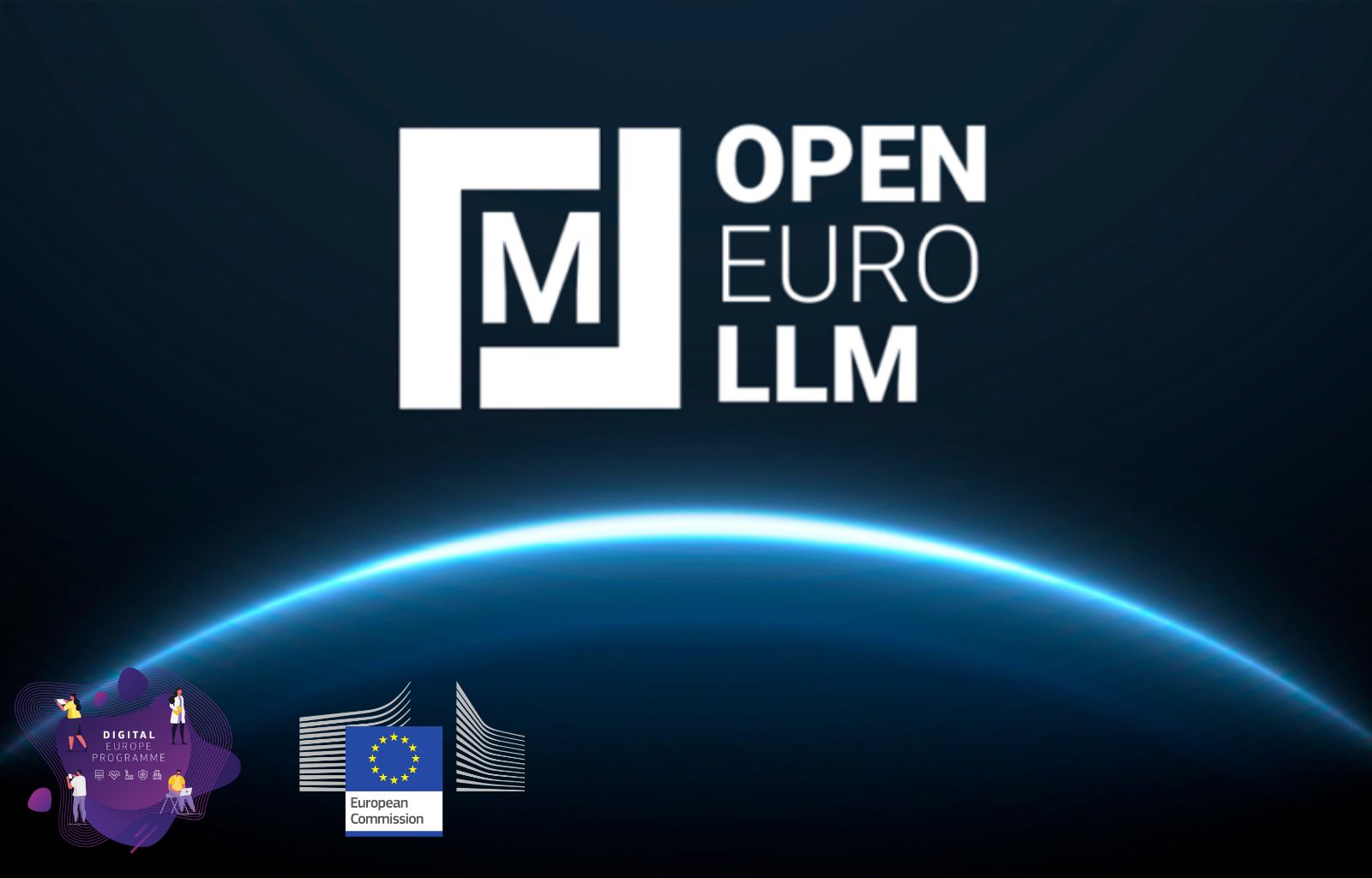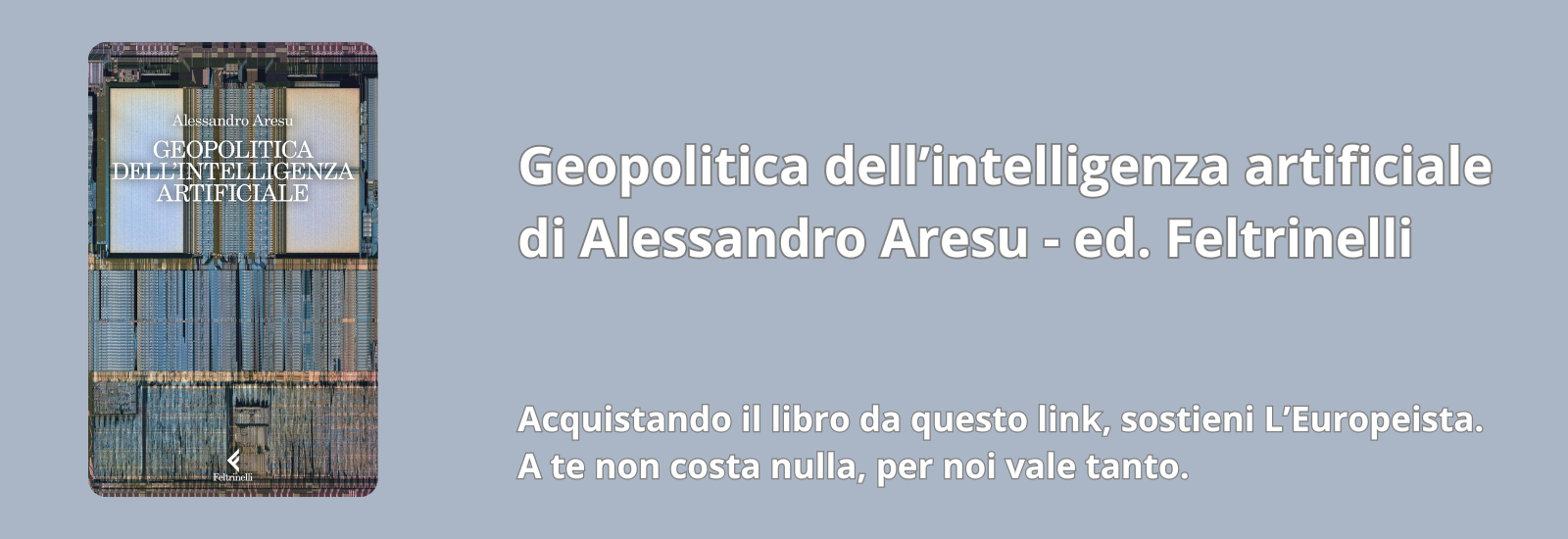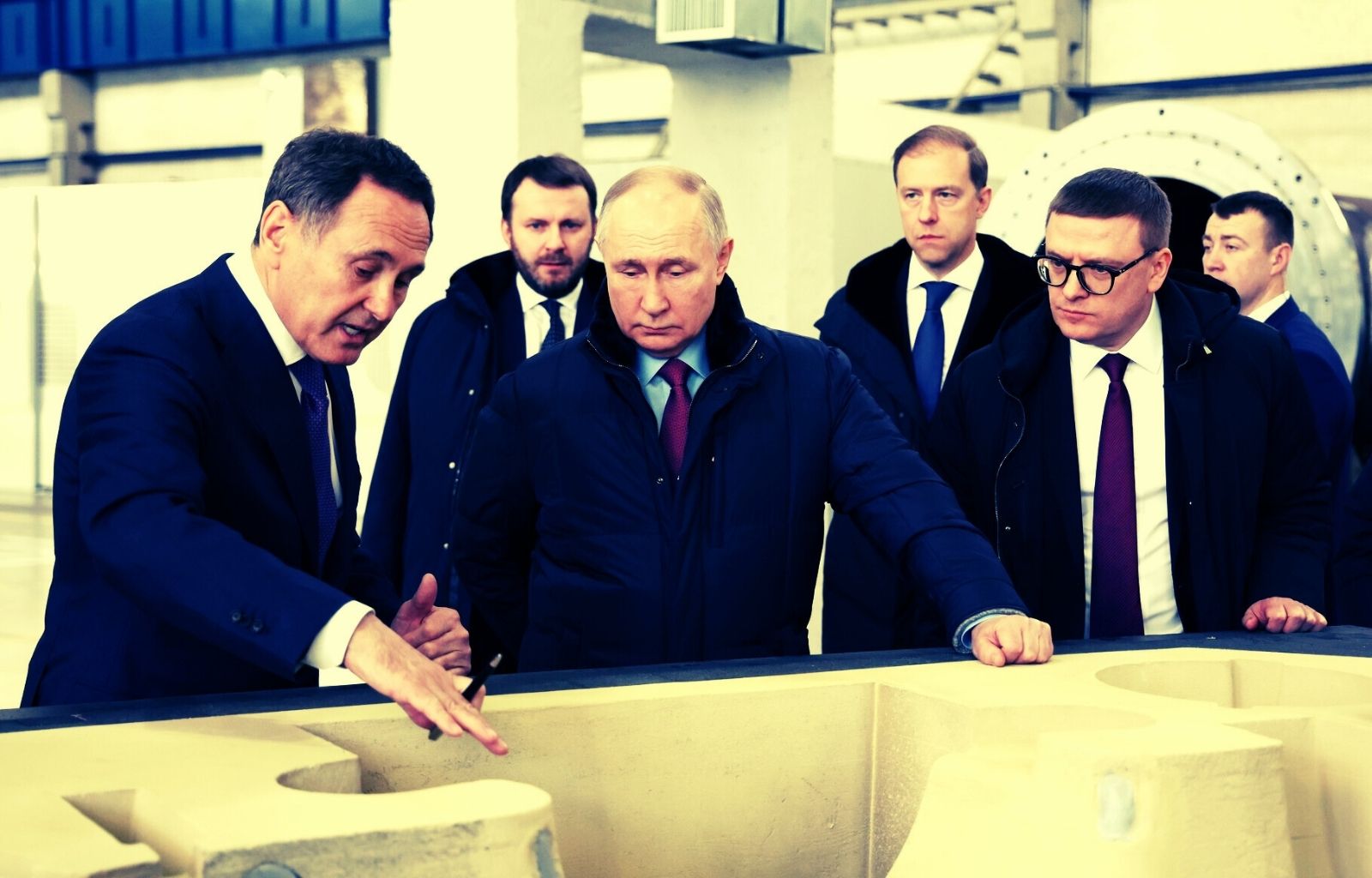European AI: EU speeds up OpenEuroLLM, but without market engagement, it risks failure

While in the United States big tech vies for supremacy in artificial intelligence with billion-dollar private investments, the European Union is focusing on OpenEuroLLM, a €37 million project to develop open-source, transparent and multilingual large language models (LLM). Does this initiative really have the potential to make a difference, or is it just yet another attempt doomed to failure by public intervention?
A European AI or just a bureaucratic exercise?
The EU has adopted a stringent regulatory approach to artificial intelligence, with theAI Act and a series of regulations aimed at ensuring transparency and security. But while limits are being imposed on the market, public money is being invested in a project that is unlikely to compete with American and Chinese giants. The real question is: why doesn’t Europe focus on incentivising the private sector instead of creating expensive state alternatives?
The OpenEuroLLM project, despite good intentions, risks being little more than an expensive academic exercise. AI models are not developed with public funding alone: dynamic ecosystems, competition and above all an open market are needed. Europe, instead of favouring business, seems to want to replace it with public initiatives, a model that has rarely led to successful innovations.
The STEP seal: mark of excellence or mere political stamp?
The European Commission awarded OpenEuroLLM the prestigious Strategic Technologies for Europe Platform (STEP) Seal, the first project funded by the Digital Europe Programme to receive such an accolade. But is this seal really an indicator of quality or just a tool to justify further funding?
STEP is an initiative to strengthen European industrial competitiveness by supporting critical technologies, including artificial intelligence. However, the awarding of the STEP seal does not guarantee that the project will have a concrete impact in the global market. Open-source models may be a good idea in theory, but if they are not accompanied by an ecosystem of companies ready to integrate and develop them, they risk remaining unused.

The European market needs freedom, not constraints
One of the key points of OpenEuroLLM is its open-source and multilingual nature. This should be an advantage over the American models, which focus almost exclusively on English. However, the real crux is that Europe still lacks a competitive AI market: companies have no incentive to invest if they know that the sector will be dominated by public projects or over-regulation.
Europe should unleash the market, not control it with state funding. The best technological innovations have always resulted from fierce competition between private companies, not from state projects run with bureaucratic slowness and political objectives.
Conclusion: a wasted opportunity?
The launch of OpenEuroLLM could represent a step forward for European artificial intelligence, but only if it manages to involve the private sector and generate a real economic impact. Otherwise, it risks being just yet another expensive and ineffective project with no chance of competing with the American giants.
If Europe really wants to play a role in artificial intelligence, it must change its approach: less bureaucracy, less state intervention, more market incentives. Without a competitive and dynamic ecosystem, OpenEuroLLM will remain just another taxpayer-funded academic experiment.












